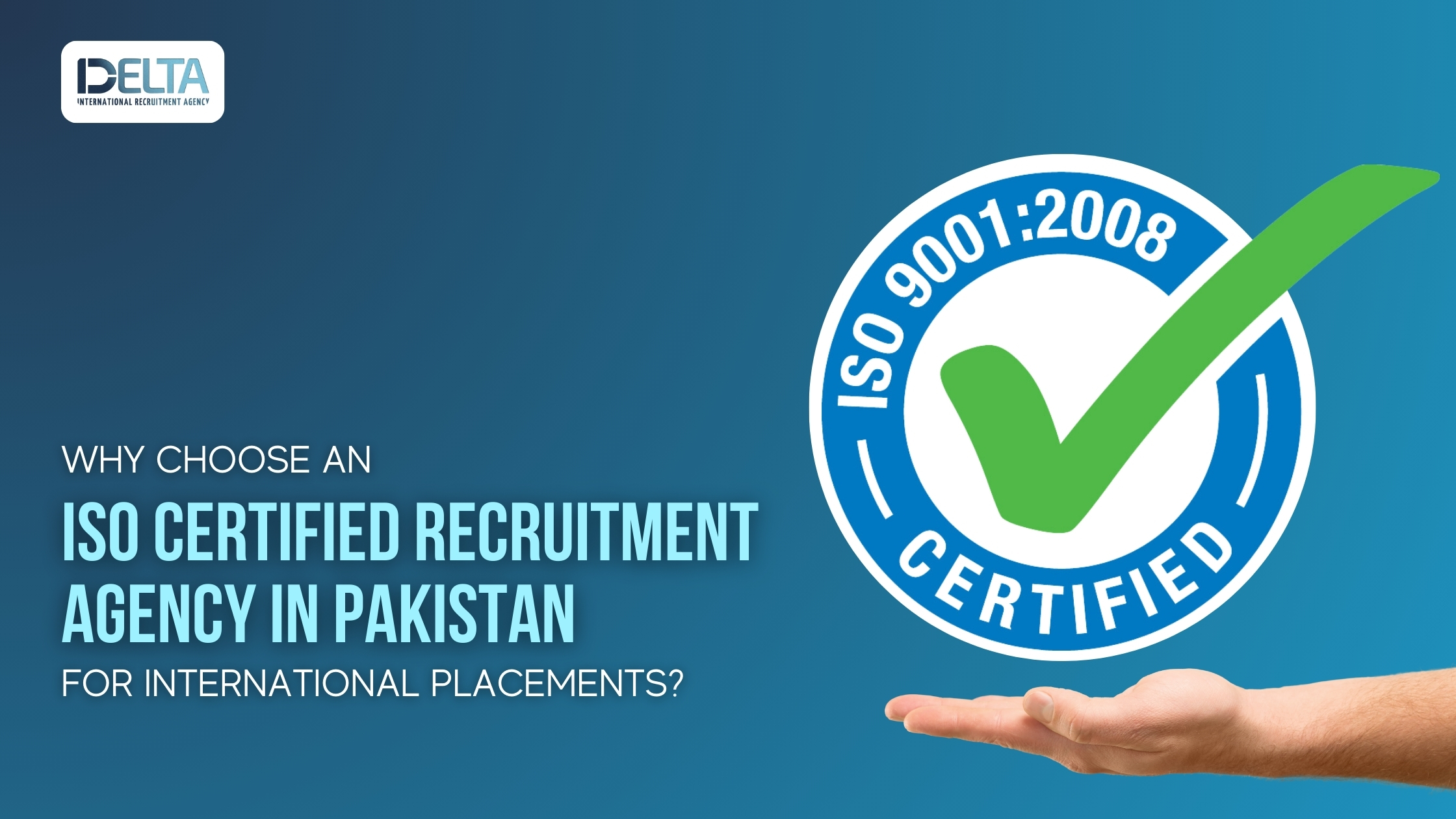Managing employee relations in Saudi Arabia is a critical aspect of human resource management, especially in light of the Kingdom's ambitious economic reforms under Vision 2030. According to recent studies, effective employee relations can lead to a 20% increase in employee productivity and engagement.
This statistic underscores the importance of understanding how to manage employee relations effectively within the unique cultural and legal context of Saudi Arabia. In this blog, we will explore strategies and best practices to enhance employee relations, ensuring a harmonious and productive workplace.
Understanding the Legal Framework
Saudi Labor Law Overview
To effectively manage employee relations in Saudi Arabia, it is essential to understand the legal framework governing employer-employee relationships. The Saudi Labor Law outlines various rights and obligations for both parties. Key aspects include:
- Written Contracts: Employment contracts must be written in Arabic and outline job specifics, wages, and benefits.
- Working Hours: Standard working hours are 48 hours per week, with special provisions during Ramadan.
- Leave Entitlements: Employees are entitled to annual leave, maternity leave, and public holidays.
Understanding these regulations helps ensure compliance and fosters positive relations between employers and employees.
Best Practices for Managing Employee Relations
Implementing effective strategies is crucial for managing employee relations successfully. Here are some best practices tailored for the Saudi context:
- Clear Communication: Establish open channels for communication. Regular updates about company policies, changes, and expectations can help mitigate misunderstandings.
- Fairness and Consistency: Treat all employees equitably. Consistent application of policies fosters trust and respect among staff.
- Employee Involvement: Encourage employees to participate in decision-making processes. This involvement promotes a sense of ownership and belonging within the organization.
- Conflict Resolution: Address conflicts promptly and fairly. Implementing a structured approach to conflict resolution can prevent escalation and maintain workplace harmony.
- Training and Development: Invest in ongoing training programs that align with employees' career goals. This not only enhances skills but also boosts job satisfaction.
Cultural Sensitivity
Image Source: careerhigher.co
Navigating Cultural Norms
Saudi Arabia has a rich cultural heritage that influences workplace dynamics. Understanding cultural sensitivities is vital for managing employee relations effectively:
- Respect for Traditions: Recognize local customs and traditions, such as prayer times and dress codes, which can significantly impact employee morale.
- Diversity and Inclusion: Embrace diversity by promoting an inclusive workplace environment that respects different backgrounds and perspectives.
By fostering a culturally sensitive work environment, organizations can enhance employee engagement and loyalty.
Leveraging Technology
Digital Transformation in HRThe digital transformation of human resources is reshaping how organizations manage employee relations in Saudi Arabia. Utilizing HR technology can streamline processes such as:
- Performance Management: Implementing digital performance management systems allows for continuous feedback, making it easier to align individual goals with organizational objectives.
- Employee Surveys: Conduct regular surveys to gauge employee satisfaction and gather feedback on workplace issues.
- Training Platforms: Online training platforms enable employees to upskill at their convenience, fostering a culture of continuous learning.
Embracing technology not only improves efficiency but also enhances communication between management and staff.
Conclusion
In conclusion, managing employee relations in Saudi Arabia requires a comprehensive understanding of the legal framework, cultural sensitivities, and effective communication strategies. By implementing best practices such as clear communication, fairness, employee involvement, conflict resolution, training opportunities, and leveraging technology, organizations can foster positive employee relations that contribute to overall success.
As businesses navigate the evolving landscape under Vision 2030, prioritizing effective employee relations will be crucial for enhancing productivity, engagement, and organizational performance. When employees feel valued and supported, they are more likely to contribute positively to their organizations' goals.
Tips for Employers: Overseas Recruitment Guide




